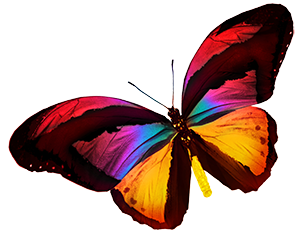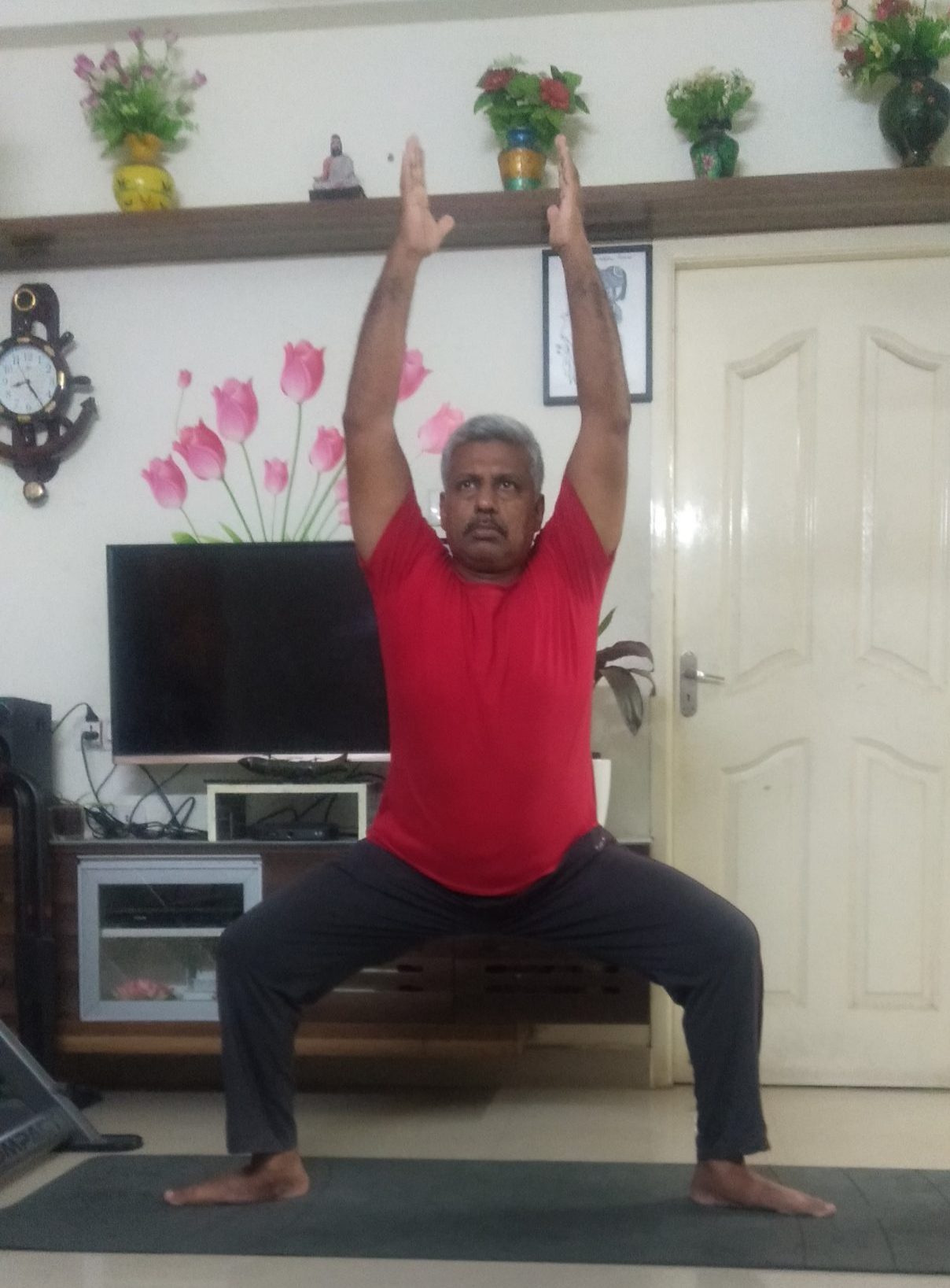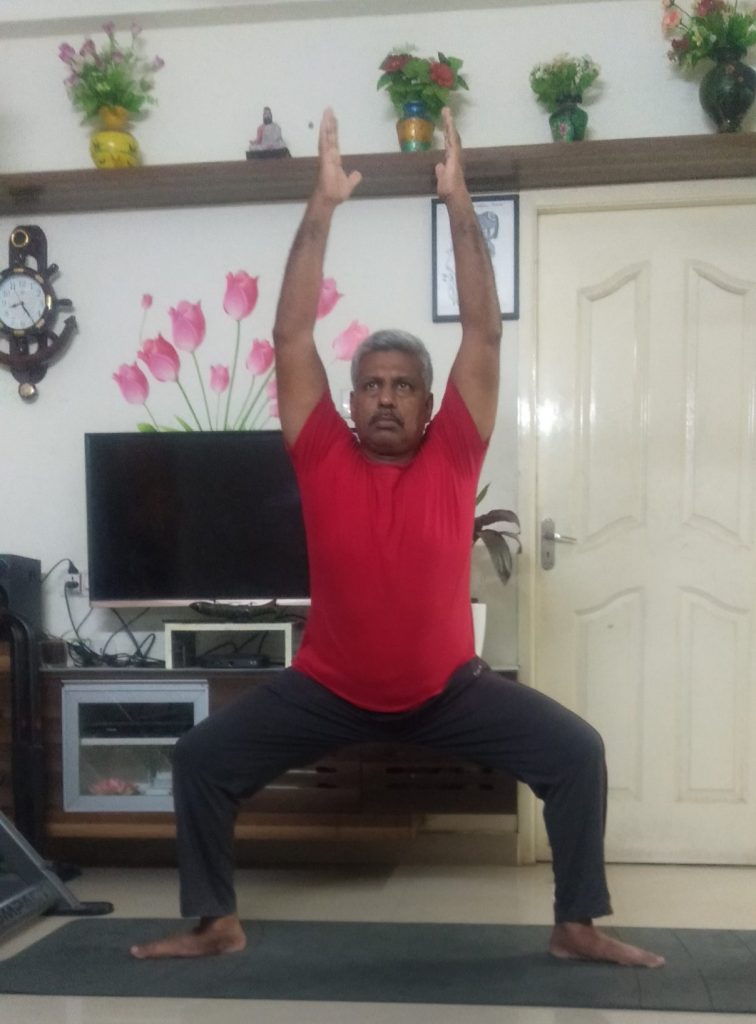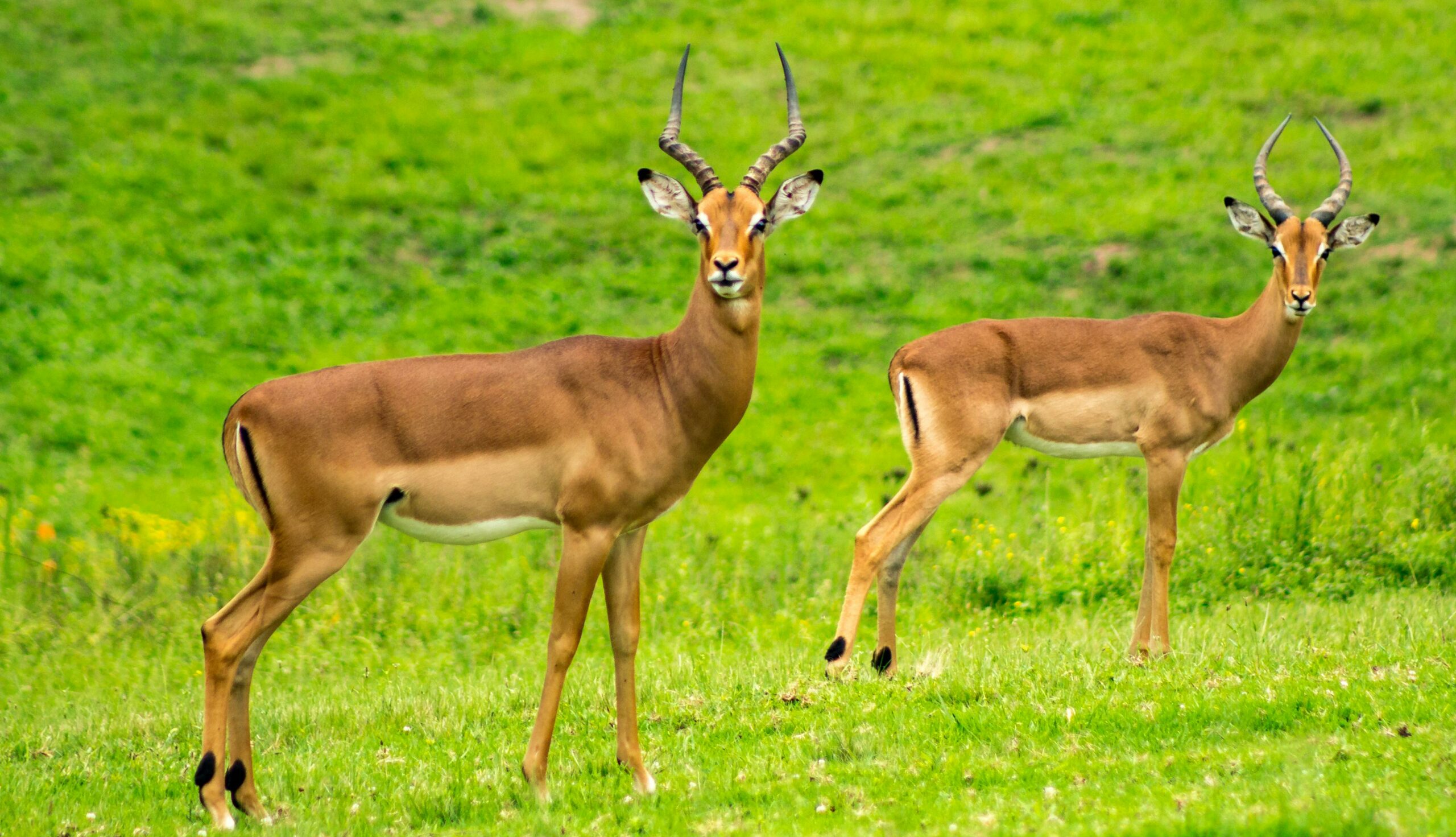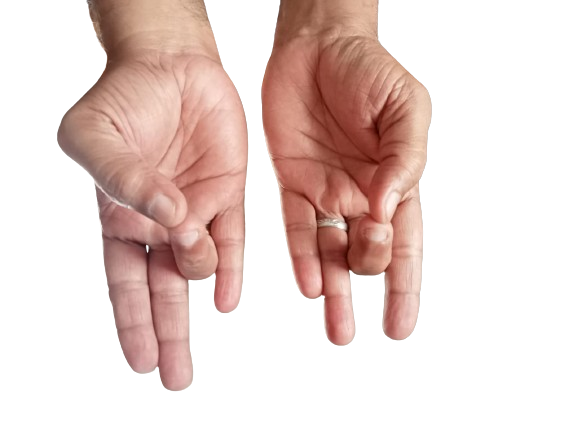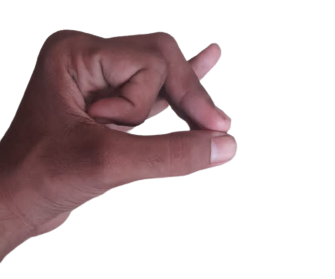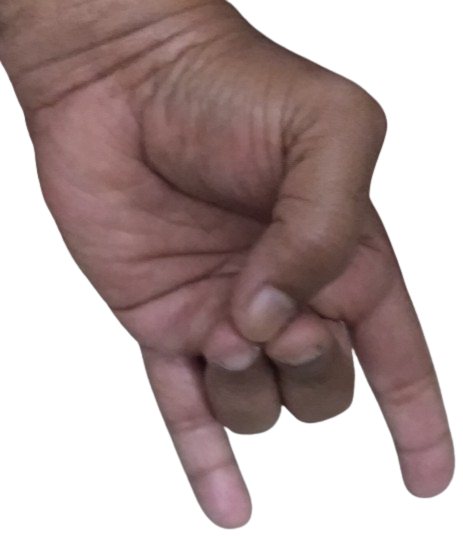In our earlier posts, we have covered the benefits and how-to-do of Bound Angle Pose, Upward Seated Angle Pose, Side Seated Angle Pose, Half-Upright Seated Angle Pose, Half-Prayer Twist Pose and Balancing Bound Angle Pose. Yoga pose for today is Goddess Squat, which is called Uthkata Konasana in Sanskrit. 'Uthkata' means 'powerful' and 'intense' and 'kona' means 'angle'.
Goddess Squat strengthens and stretches the hips. The pose stimulates muladhara, svadhittana and manipura chakras and enhances their functions. The pose develops your personality and vitality and improves creativity.
Other Benefits of Goddess Squat Pose
- Energizes the whole body
- Strengthens lungs
- Promotes heart health
- Strengthens the legs
- Joints get strengthened.
- It is an effective yoga pose for sciatic pain.
- Improves blood circulation
- Improves fertility
- Aids in easy childbirth
- Helps to Maintain Balance
- Promotes self-confidence
- Practicing the pose helps to relieve stress.
- Improves focus
Instructions
- Stand in Mountain Pose. Place your legs about 3 feet apart from each other.
- Turn your feet outwards.
- Exhale as you lower your hips till your knees are aligned to your ankles.
- Raise your hands over your head with the palms facing each other.
- Hold the pose for 30 seconds to one minute.
Note
Those with chronic hip conditions and knee problems should refrain from practicing the pose.
In case of difficulty in lifting the arms above, you can fold your hands as in salutation close to your chest.

Yoga Pose for Day 77 - Side Plank Pose (Vasisthasana)
'Vasistha' in Sanskrit means 'the best'. While performing the pose most of the body weight is balanced on one hand and hence the asana is one of the powerful poses.
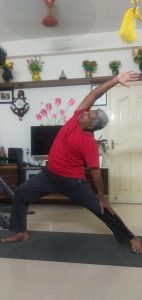
Yoga Pose for the Day (75) - Reverse Warrior Pose
Hope you read our previous posts on Warrior Pose 1 and Warrior Pose 2. Reverse Warrior Pose ...
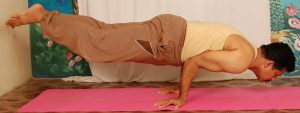
Yoga Pose for Day 74 - Peacock Pose (Mayurasana)
Peacock Pose is one of the challenging arm balancing poses just as the Eight Angle Pose we saw yesterday. The pose is called Mayurasana in Sanskrit. 'Mayura' means 'peacock'. The form apart, the pose gets its name
